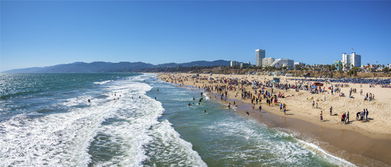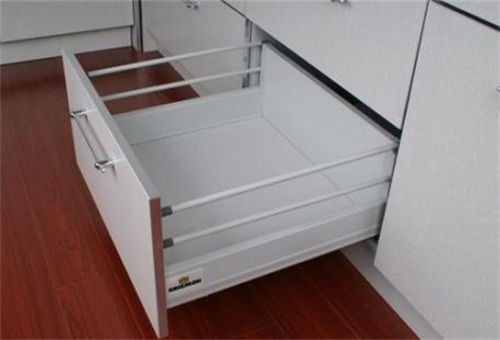Football Field Fence: A Comprehensive Guide
When it comes to protecting your football field, a sturdy and reliable fence is essential. Whether you're a school, a sports club, or a private facility, the right fence can enhance the safety and security of your field. In this article, we will delve into the various aspects of a football field fence, including its types, materials, installation, and maintenance. Let's explore the world of football field fences together.
Types of Football Field Fences

There are several types of football field fences available in the market, each with its unique features and benefits. Here are some of the most popular ones:
- Chain Link Fences: Known for their durability and affordability, chain link fences are a popular choice for football fields. They offer excellent visibility and are easy to install and maintain.
- Welded Wire Fences: These fences are made of high-quality steel wire that is welded together, providing a strong and secure barrier. They are ideal for high-security areas and can withstand harsh weather conditions.
- Ornamental Fences: If you're looking for a fence that adds aesthetic value to your football field, ornamental fences are a great option. They come in various designs and materials, such as aluminum, steel, and vinyl.
- Privacy Fences: Privacy fences are designed to provide a sense of seclusion and can be used to enclose your football field. They are typically made of wood or vinyl and offer a natural, rustic look.
Materials Used in Football Field Fences

The choice of material for your football field fence plays a crucial role in its durability, appearance, and maintenance requirements. Here are some common materials used in fence construction:
| Material | Description | Pros | Cons |
|---|---|---|---|
| Steel | High-quality steel wire or metal posts | Strong, durable, and resistant to corrosion | Heavier and more expensive than other materials |
| Wood | Timber posts and panels | Classic look, natural insulation, and easy to customize | Prone to rot, decay, and termites |
| Aluminum | Lightweight and corrosion-resistant | Low maintenance, durable, and available in various colors | May not be as strong as steel or wood |
| Vinyl | Flexible and durable plastic | Low maintenance, weather-resistant, and available in various colors and styles | May not be as strong as steel or wood |
Installation of Football Field Fences

Proper installation is crucial for the longevity and effectiveness of your football field fence. Here are some key factors to consider during the installation process:
- Foundation: Ensure that the fence posts are securely anchored to the ground. This may involve digging post holes and pouring concrete to provide a stable foundation.
- Posts: Choose posts that are strong and durable enough to support the fence. The spacing between posts should be consistent and appropriate for the type of fence you have.
- Gates: Gates are essential for access to the football field. Make sure they are properly aligned and secure, with hinges and latches that can withstand regular use.
- Perimeter: Ensure that the fence is installed along the entire perimeter of the football field, leaving no gaps or weak points.
Maintenance of Football Field Fences
Regular maintenance is essential to keep your football field fence in good condition. Here are some tips for maintaining your fence:
- Clean: Regularly clean your fence to remove dirt, debris, and stains










